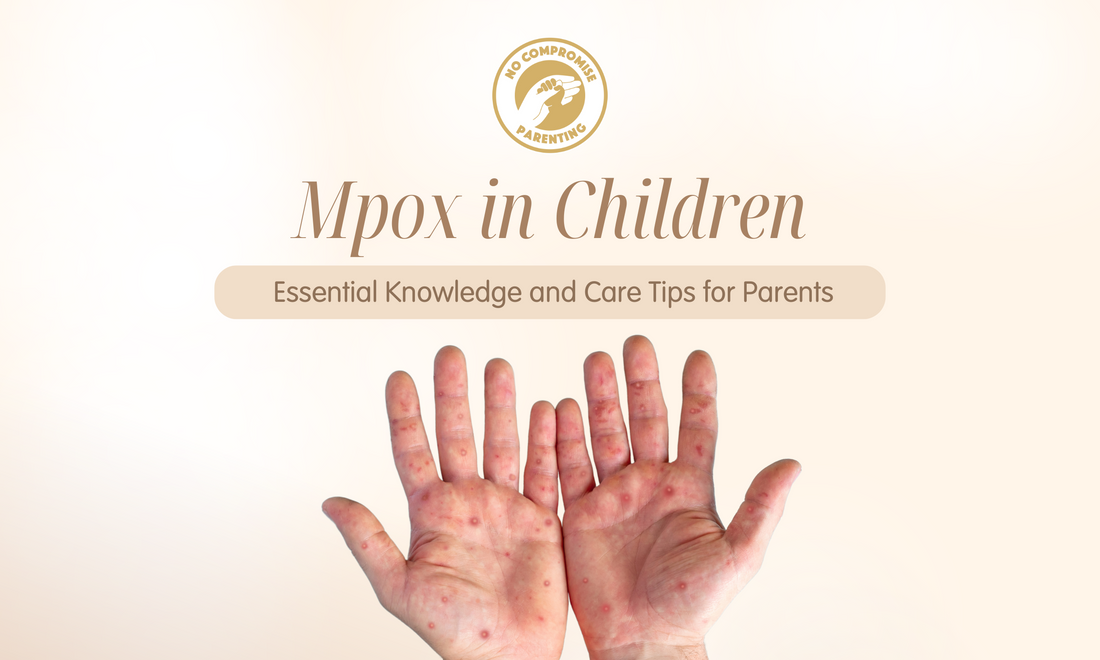The Philippines has detected its first Mpox case, a week after the World Health Organization declared the Mpox outbreak a public health emergency of international concern. Here's what you need to know to help protect your child against Mpox.
What is Mpox?
Mpox is a viral illness that can cause painful rashes, swollen lymph nodes, and fever. Anyone can get Mpox, including children, so it is important to stay informed to protect your little ones.
How does Mpox spread?

Mpox can spread through direct contact with an infected person, a contaminated object, or an animal. A pregnant person may also pass the virus to their unborn child. Here are the main ways Mpox can spread:
- Person-to-Person
- Face-to-face (talking or breathing)
- Skin-to-skin
- Mouth-to-mouth (kissing)
- Mouth-to-skin
- Respiratory droplets or short-range aerosols from prolonged close contact
- Contaminated Materials
- Clothing or linens
- Needles
- Animals
- Bites
- Scratches
- Activities like cooking or eating infected animals
Symptoms to Watch Out For

Mpox signs and symptoms may begin 1-21 days after exposure. The illness usually lasts 2-4 weeks but may last longer in someone with a weakened immune system. If you spot any of the common symptoms below, consult your pediatrician for advice. Early detection is the best defense!
- Rash
- Fever
- Sore throat
- Headache
- Muscle ache
- Back pain
- Low energy
- Swollen lymph nodes
How to Protect Your Child

These steps can help protect your child and family from Mpox. Remember, prevention is our best tool!
- Practice proper hygiene at home. Teach your child to wash their hands with soap and water, especially before and after meals and after using the toilet.
- Cover your mouth and nose when coughing or sneezing. Wear a mask
- Disinfect surfaces your child touches, especially in shared spaces.
- Avoid sharing utensils, drinking glasses, clothing, or beddings
Always monitor your child’s health and consult a pediatrician if any common symptoms occur. Remain calm and stay up to date on the latest news about Mpox.
Source:
https://www.nytimes.com/2024/08/19/world/asia/philippines-mpox-case.html
https://www.who.int/news-room/questions-and-answers/item/mpox
